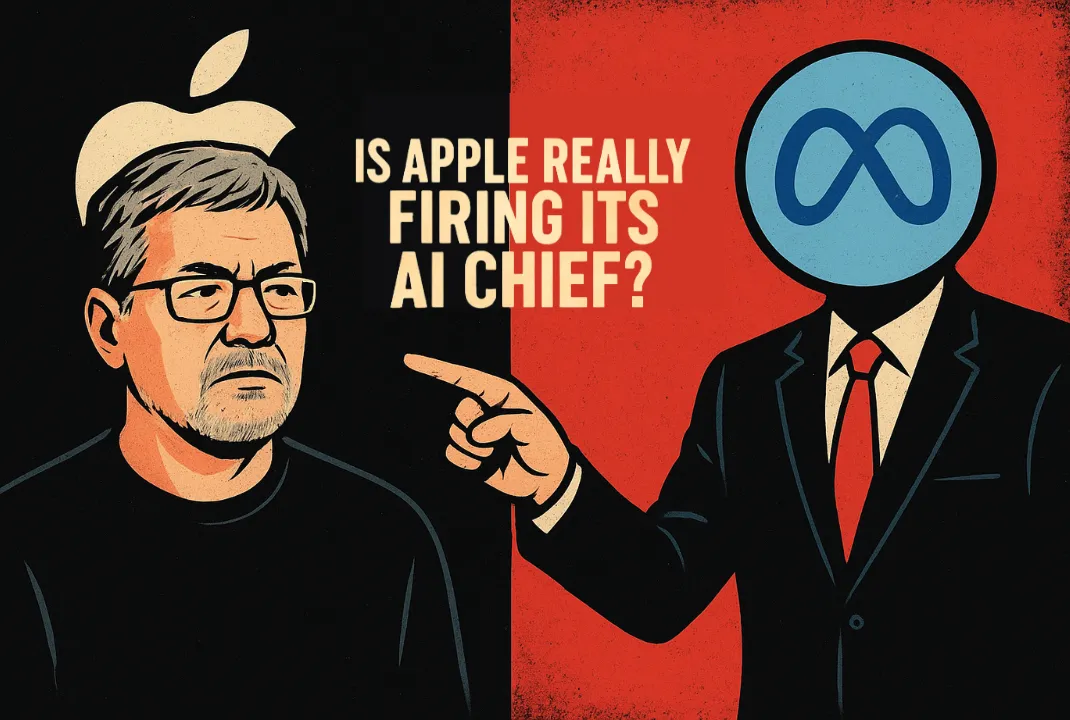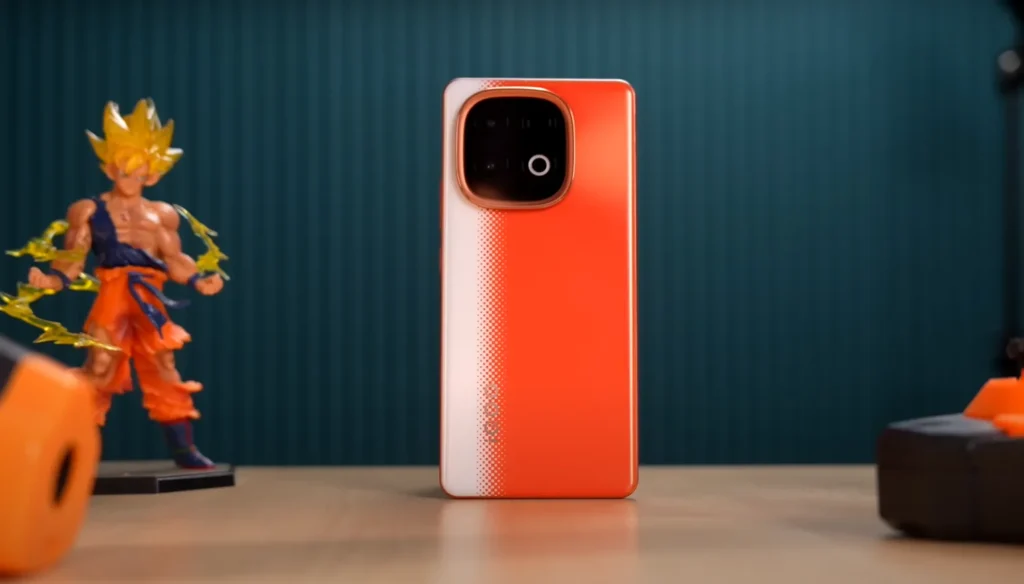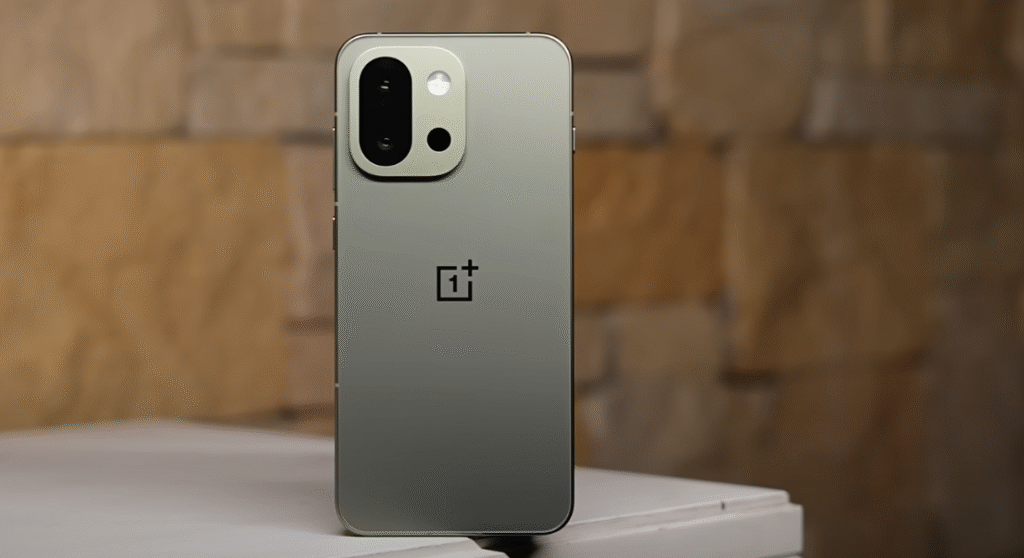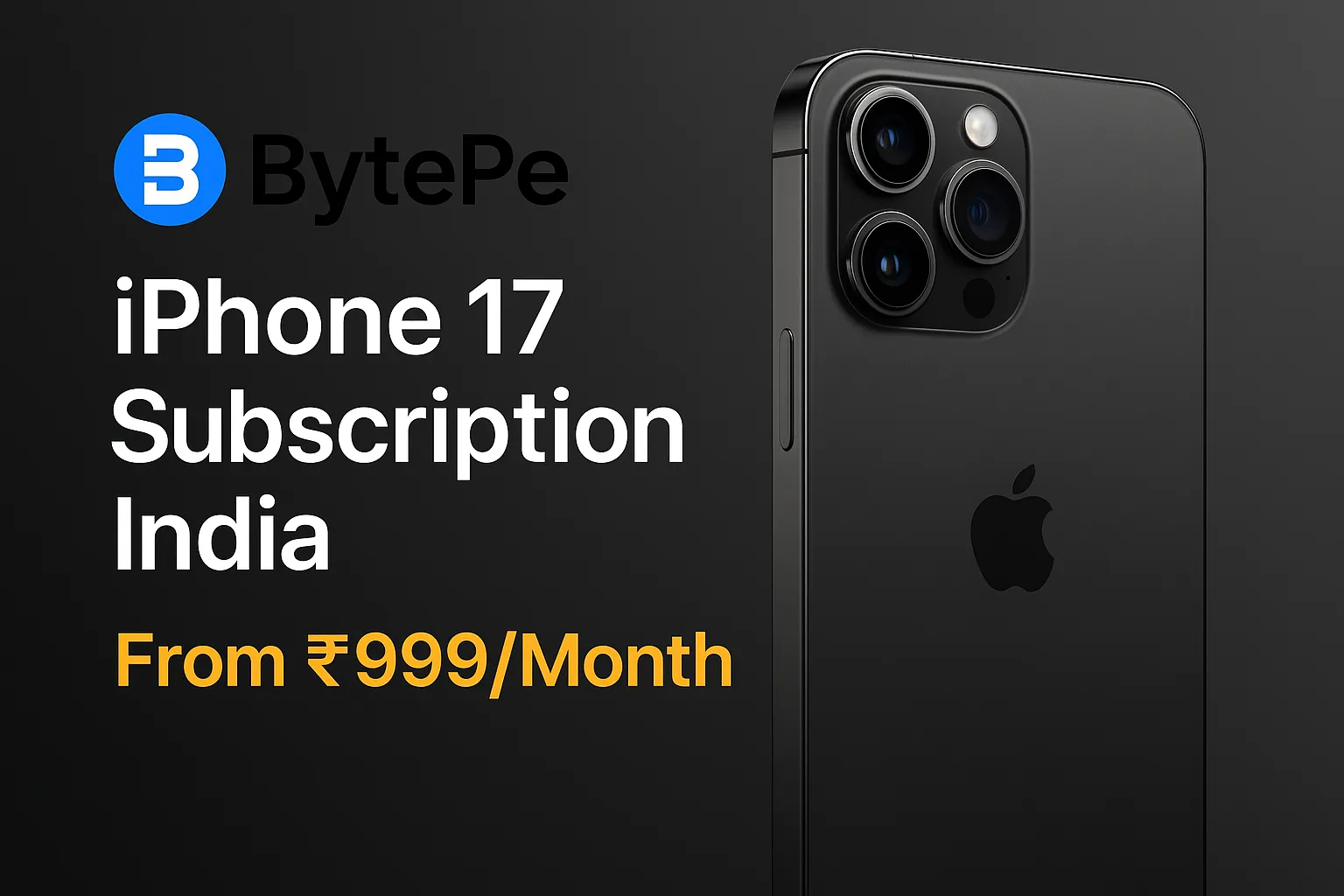Let’s drop the corporate polish for a second: Apple’s so-called “perfection machine” is creaking. The company that once defined innovation now finds itself chasing it — hard. The latest flashpoint? A rumored Apple AI leadership change that could see John Giannandrea, Apple’s senior VP of Machine Learning and AI, replaced — possibly by an executive from Meta. Yeah, that Meta.
If it’s true I do not think it is just a reorganization. Apple has secretly recognized that the generative era has surpassed its artificial intelligence strategy. After a history of course corrections, from the failure of Siri to the changes on Vision Pro, this move feels like a make-or-break moment.
It has nothing to do with authority. The question is whether Apple can continue to lead in AI rather than follow, and the company’s recent change in AI leadership may be the decisive factor.
Is Apple Quietly Replacing Its AI Chief?
Some indications are coming out that Apple will likely remove Siri’s leadership from Giannandrea and hand it off to Mike Rockwell, the head of Vision Pro. Nevertheless, official records show that Off the record, insiders told me it was “Cook losing patience,” so this was a “strategic alignment.”
And who can blame him? Apple Intelligence, unveiled with fanfare at WWDC, was supposed to be Apple’s generative breakthrough. Instead, it landed like a polished iMessage sticker pack — clean, safe, and instantly dated.
Now, reports from Bloomberg and AppleInsider say Apple is considering external hires, even from Meta, to replace Giannandrea. That’s a huge cultural leap for a company that usually grows leaders from within.
When Google and OpenAI are sprinting, Apple’s still “refining.” That gap is no longer aesthetic — it’s structural.
Why Apple’s AI Strategy Is Falling Behind
Let’s be blunt: Apple doesn’t lack AI talent — it lacks permission to move fast. Apple’s privacy-first, on-device approach sounds virtuous, but in the generative era, that’s like running a race car on solar panels: great ethics, slow results.
A former Siri engineer told me, “We had the brains. We just didn’t have the green light. Everything needed ten approvals before reaching a user.”
Here’s the fallout:
- Siri’s upgrades keep slipping. Personalized, generative Siri now looks delayed until 2026.
- Top AI talent is leaving. Foundation Models head Ruoming Pang jumped to Meta this summer — lured by a $200M+ package Apple refused to match.
- Models underperform. Apple’s 3-billion-parameter “on-device” model can’t touch OpenAI’s GPT-5 or Meta’s Llama 4 Scout in benchmarks.
So yes, Apple’s AI looks sleek — but it’s running years behind.
Why Would Apple Hire from Meta (of All Places)?
Because Meta has what Apple doesn’t: speed, risk tolerance, and raw experimentation. Apple’s culture prizes polish. Meta’s prizes chaos. But chaos builds models faster.
A Meta-style AI chief could bring:
- Raw innovation velocity. Meta ships imperfect AI weekly. Apple ships emojis yearly.
- Cross-domain thinking. Meta fuses social, vision, and language AI — perfect for Apple’s multi-device future.
- Cultural shock therapy. Apple’s secrecy smothers iteration. Meta leaks, learns, and ships.
If the Apple AI leadership change really involves bringing in a Meta executive, it’s not about catching up. It’s about rewriting the company’s DNA.
But there’s a catch: Meta’s playbook depends on user data. If that mindset clashes with Apple’s privacy gospel, it could trigger a full-blown identity crisis in Cupertino.
How Does Apple’s AI Stack Up Against Meta, Google, and OpenAI?
| Company | AI Strength | Weakness | Culture |
| Apple | UX polish, hardware integration, user trust | Slow execution, weak foundational models | Perfectionist, risk-averse |
| Meta | Talent density, Llama open-source ecosystem | Privacy baggage, chaotic alignment | Fast, fearless, experimental |
| Gemini scale, data power, search integration | Bureaucracy, product overlap | Smart but slow | |
| OpenAI | Best-in-class models, rapid iteration | Reliance on partners, instability | Bold and restless |
Innovation velocity? Apple’s last. User experience? Still its edge — for now.
But that edge fades fast if Gemini AI or Llama embed across devices faster than Siri evolves.Rumors of Apple Gemini integration — a possible partnership with Google’s Gemini backend — once sounded absurd. Now, they sound strategic. Apple may need to borrow brains to stay relevant — a move that could accelerate the Apple AI leadership change already underway.
Apple AI Leadership Change: What It Means for iPhone Users
Simple: less “magic,” more waiting.
- Delayed Siri 2.0. Generative upgrades might not hit until iOS 19.
- Inconsistent AI across apps. Foundation models still lack cross-system coherence.
- Dependency on outsiders. Expect OpenAI or Anthropic stopgaps built into future iPhones.
- Privacy tension. A Meta-style exec might push to loosen data restrictions — and ignite internal revolt.
As one Apple product manager told me,
“The problem isn’t Siri’s brain. It’s Apple’s fear of embarrassment.”
Apple AI Leadership Change: A Cultural Reset or Identity Crisis?
This isn’t just a leadership shuffle. It’s a cultural reckoning. Apple was built on discipline and secrecy. AI thrives on iteration and chaos. Meta and Google break things in public, fix them later, and move on. Apple waits until it’s perfect — and by then, it’s irrelevant. So yes, if this Apple AI leadership change happens, it could mark the end of Apple’s “refine, don’t rush” era.
Giannandrea stands for the old Apple: elegant, cautious, precise. A Meta-style replacement would stand for the new one: messy, fast, brave. But Apple can’t become Meta. It must evolve its own version of speed — without killing the trust that built its empire. Because in this new AI war, “coming soon” means “already lost.”











Leave a Reply
You must be logged in to post a comment.